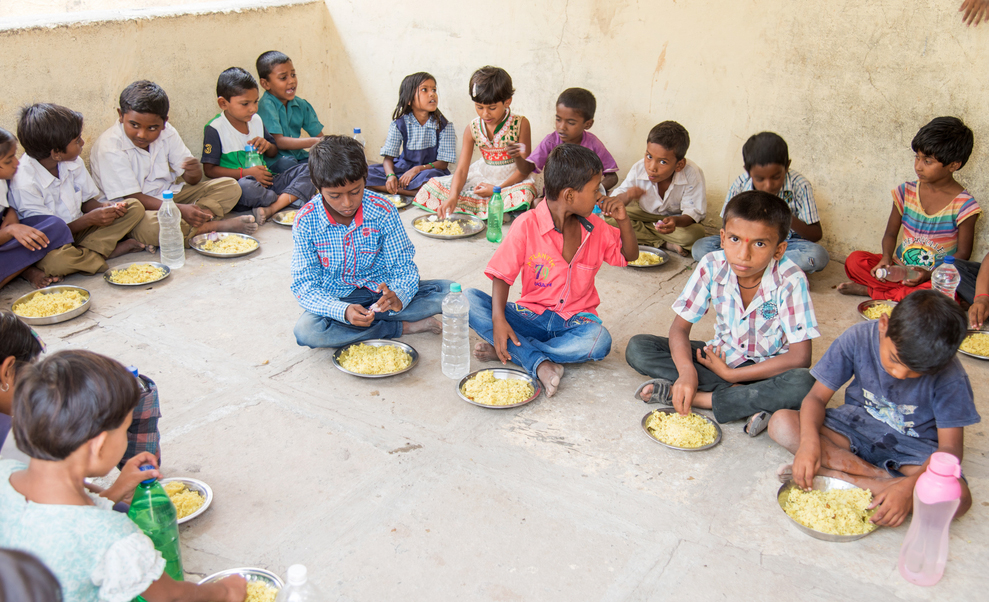The Centre on Tuesday repatriated Rina Ray, secretary of the school education and literacy department, to her parent Union Territory cadre over a year before her retirement.
This April, at Ray’s behest, the department had withdrawn permission given to centralised kitchens run by private organisations to serve midday meals in rural schools. However, the permission was restored this month.
An order issued by the appointments committee of the cabinet, ministry of personnel, stated that the panel had approved the repatriation of Ray, a 1984-batch IAS officer, to her parent cadre with immediate effect. The secretary of the information and broadcasting ministry has been given additional charge of the school education department.
The human resource development ministry issued a separate order stating that Ray had been relieved of her duties from Tuesday.
Centralised kitchens are allowed to serve midday meals in government and aided schools in urban areas keeping in view the difficulty in getting cook-cum-helpers and also the lack of space for setting up kitchens in many institutes.
However, schools in rural areas have kitchens and cook-cum-helpers. In May 2017, the department had issued a notification to allow centralised kitchens to serve midday meals in rural areas, subject to the final decision by the respective state governments.
After Ray took over as the secretary in July 2018, she reviewed the permission to centralised kitchens in rural areas. Ray is learnt to have questioned the rationale for such permission.
The National Food Security Act covers the midday meal scheme.
The act stipulates that primary and upper primary school children would be provided hot, cooked meals. Since the centralised kitchens are located in urban centres, doubts were raised if they could provide hot, cooked meals in schools in rural areas.
The department withdrew the permission to centralised kitchens in April this year.
However, on October 1, the department issued fresh guidelines to allow centralised kitchens to serve midday meals in rural areas.
Before issuing the guidelines, the department took the opinion of the law ministry, which was quoted as saying “the central government could have an intervention such as organized centralized kitchen in rural areas as well as urban areas through appropriate guidelines and measures”.
Food rights activist Ashok Rao said that private organisations cannot be allowed in rural areas because they have to transport the meals from their kitchens and would not be able to serve hot meals in rural schools.
“The recent permission for centralised kitchens in rural areas is wrong,” Rao said.
Across the country, nearly 70 NGOs now prepare meals in 137 district headquarters of 13 states, including Bengal, Odisha, Bihar, Jharkhand, Assam, Uttar Pradesh and Delhi. Most of them serve vegetarian food.
Nearly 10 crore children have midday meals in 11 lakh schools every day except holidays. Nearly 70 lakh children are served food by centralised kitchens. Akshaya Patra, which serves vegetarian food, is the leading NGO providing meals in schools.











